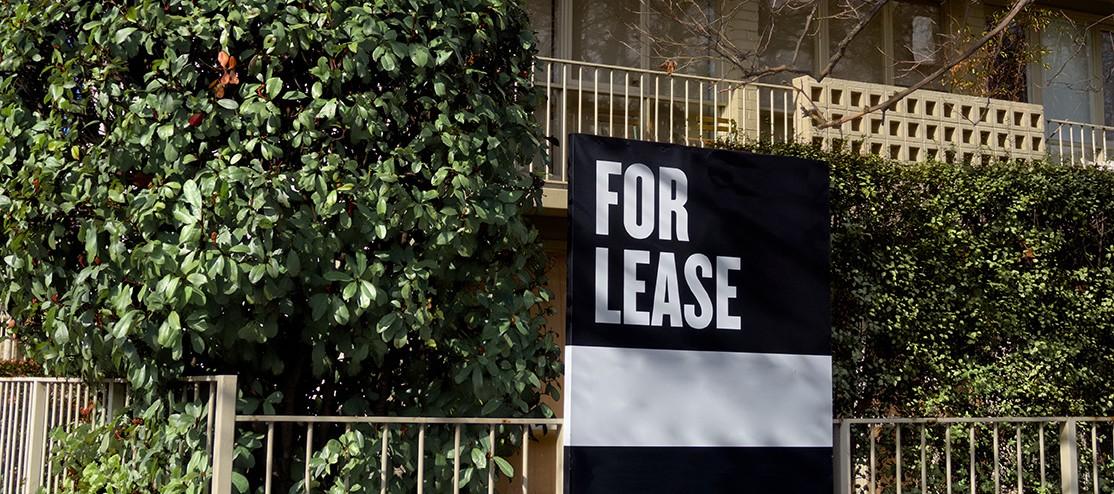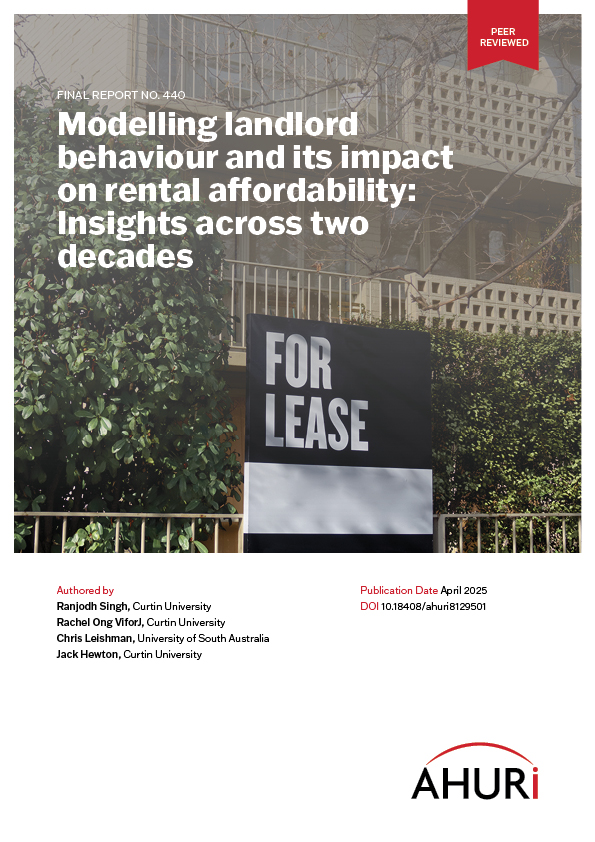
Landlords are key to rental housing stability. New research finds two very different investing behaviours.
16 Apr 2025
New AHURI research reveals half of all rental properties are held for only 2 years or less, however nearly a third of all landlords retain a rental property for over 20 years.
This suggests there are at least two distinct investment strategies of landlords: short-term investors and long-term investors.
The research, ‘Modelling landlord behaviour and its impact on rental affordability: Insights across two decades’, looks at what motivates small-scale landlords to buy, sell or retain their rental properties.
Lead author Dr Ranjodh Singh, from Curtin University, said people who are well-positioned to buy and retain rental investment properties will add to the supply of secure long-term private rental housing stock.
‘However, landlords who are ill-positioned to retain their rental investments for long can disrupt the supply of private rental housing, with potentially negative impacts on tenant affordability and security’, Dr Singh said.
‘The research confirms some conventional wisdoms about who we might expect to be a landlord in Australia, but it also has some less intuitive findings.’
Long-term landlords are likely to be wealthier than non-landlords
Unsurprisingly, landlords who buy or keep their rental investments for longer tend to be in their late 40s or early 50s, married, employed full-time, and have higher incomes and homeownership rates than the general population.
Younger buyers are more likely than older buyers
Perhaps more unexpectedly, younger people aged 25–34 years are more likely to buy a rental property compared to other age groups. However, these younger landlords are also likely to sell their property sooner, in essence becoming ‘short-term’ landlords.
‘The evidence suggests that either they are more willing than older groups to cycle in and out of rental property investment or that they are more susceptible to becoming financially stretched and are forced to sell,’ Dr Singh said.
Landlords sell rental properties due to life transitions or financial difficulty
In general, landlords are most likely to sell if they are:
- separated
- unemployed
- a homeowner with a mortgage
- living in a low or moderate household income
- without post-school qualifications.
Education for prospective landlords may help reduce short-term churn
Programs offering education on property investment retention may benefit some landlords, especially those with no post-school qualifications. It could help them retain their property and deliver long-term rental housing.
In addition, comprehensive financial risk assessments by lenders are vital to ensure that property buyers are financially able to keep their investments.
The research was undertaken for AHURI by researchers from Curtin University and University of South Australia.

